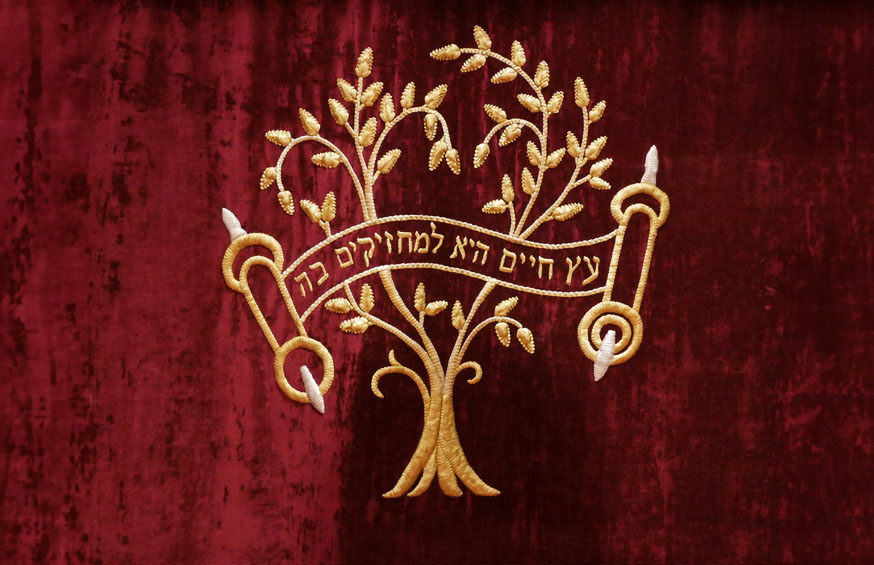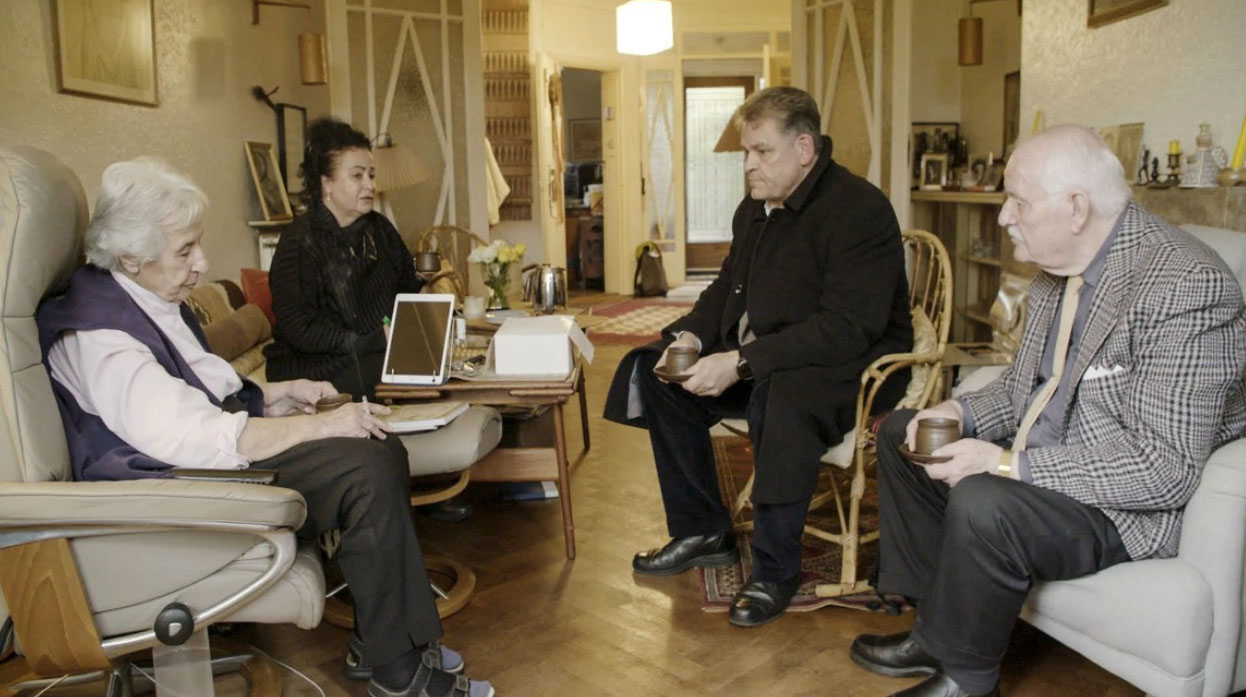I thank all of my friends and new friends who have shared comments on the “Ever-Narrowing Orthodox Mind” (You can see many of them at
http://morethodoxy.org/2009/12/09/the-ever-narrowing-orthodox-mind/#comments
There are numerous ways in which I’d like to engage and respond, though I’ll begin with two:
(1) providing sources in opposition to two of the closely-related non-dogmas (with more to come in subsequent posts)
(2) addressing the question as to whether it any longer matters that opinions on these issues range dramatically in our classical sources, given that “most Orthodox Jews today” believe the alleged dogmas.
In the previous posts, I asserted that Orthodox Jews need not embrace the following two ideas, as many of our classical thinkers did not embrace them either:
(1) Every calamity that occurs on Earth is the result of an express Divine decision as to how and when it should unfold, and that God directly decides who shall survive it, and who shall not.
(2) When tragedy strikes, this is invariably the fault of somebody having sinned.
The classical thinkers I had in mind include both Ramban (Nachmanides) and Rambam (Maimonides). In his commentary on Humash (Braishit 18:19) Ramban writes that God only extends providential protection to the righteous. “God’s Providence in the lower world is general , and even human beings are subject to random events (“mikrim”) … Only for His righteous ones (“hasidav”, like Abraham, who is the subject of the commentary), does God devote His heart to know them in detail”. Ramban’s comment is a milder version of Rambam’s, as it appears in the latter’s Guide for the Perplexed, 3:51. There, Rambam limits personal Divine Providence to people who have achieved perfect intellectual apprehension of God, and even for these, only when they are actively engaged in thinking about God. When distracted, they become “a target for every evil that may happen to befall” them. The writings of Ralbag (Gersonidies) go even farther than Rambam’s. The Midrash too reflects this opinion in the voice of Resh Lakish, who taught that God had to give up on properly guarding over the righteous in this world, although He will certainly reward them in the next world. (Eicha Rabba, 3:1, “Oti Nahag”) In the views of these indisputably “Orthodox” thinkers, random events all too often do in fact overtake ordinary, or even extraordinary, human beings.
Equally if not even more mainstream is the Talmud’s discussion about the permissibility of healing people who have taken ill. (Bava Kamma 85a) The Talmud considers the possibility that healing should be prohibited on the grounds that a person’s illness is presumably an act of God, Who is afflicting the person on account of his or her sins. (See Rashi’s commentary.) But the Talmud then cites a Biblical verse permitting healing nonetheless. While there are many nuances in the interpretation of the Talmudic conclusion, one way or another, the Talmud is stepping away from the premise that illness is the direct outcome of sin.
It is not difficult to marshal sources which oppose alleged dogmas which are really not dogmas at all. The more difficult task, I have discovered over the last week, is to convince people that the exercise is worth it. Whether believing that contemporary Orthodoxy has effectively rejected all of the above thinkers, or believing that tampering with people’s security dogmas undermines their piety, folks have expressed that we should throw in the towel. There are at least two reasons why we must not. The first is that people’s beliefs affect their attitudes and actions. Think about attitudes we saw in our community years ago – and sometimes still today – toward people who contracted AIDS. Think about the claims made by Orthodox rabbis concerning why New Orleans was almost wiped out by Katrina, or why some people survived on 9/11 and others did not. And think about how these kinds of attitudes belittle us as a religious community, and turn us away from people in need.
And the other reason is simply that when you love something, it kills you to see corrupted and warped. It one’s Orthodox commitment means anything, it means wanting to see it healthy and productive, being the source of blessing it is designed to be.






















 More news and opinions than at a Shabbat dinner, right in your inbox.
More news and opinions than at a Shabbat dinner, right in your inbox.